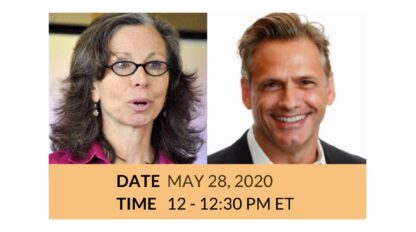People Over Profits. How Google Took a Stand on Addiction
In a bold move last week, Google announced limits on addiction treatment ads citing personal safety. This announcement sheds light on an industry and a disease which unfortunately still carries much stigma in the minds of many.
For most, when a loved one is sick, we seek the advice of doctors, family and our network of friends. But for many with the disease of addiction, the shroud of secrecy and denial leads many to search for help on the internet.
Google has become the largest referral service for the $35 billion addiction treatment business. Not our family doctors, relatives, or friends or colleagues. And, as addiction rates soar and opioid overdoses are at an all-time high, many have fallen victim to treatment center ads and referral sources who are unfit to help and see dollar signs over offering legitimate help and guidance. Many of the offenders of this marketing tool come from Florida which last year was cited for abuses in the state’s addiction treatment industry.
One would think it would be easy to market treatment options about a disease that inflicts over 20 million Americans; a higher number than people with all types of cancers combined. But, the stigma still plagues the disease and unfortunately has led many to capitalize on those seeking help through the veil of the internet.
Having Google take a stand on people’s lives over profits is a clear indicator of this national epidemic. Last year media conglomerate Viacom launched LISTEN, a multimedia campaign that aims to promote awareness and compassion for those struggling with addiction. The more these powerhouses share a message about addiction, the more the conversation gets normalized and listened to. We need to continue to normalize the conversation. The more we can talk about the disease of addiction the more front and center the issue will be. If you or a loved one is seeking help, talk to your doctor or a close friend. It’s hard to find any individual who has not been touched by this disease somehow. Seeking out sound medical advice and thorough research on treatment options will help direct you to the right resources for help.

